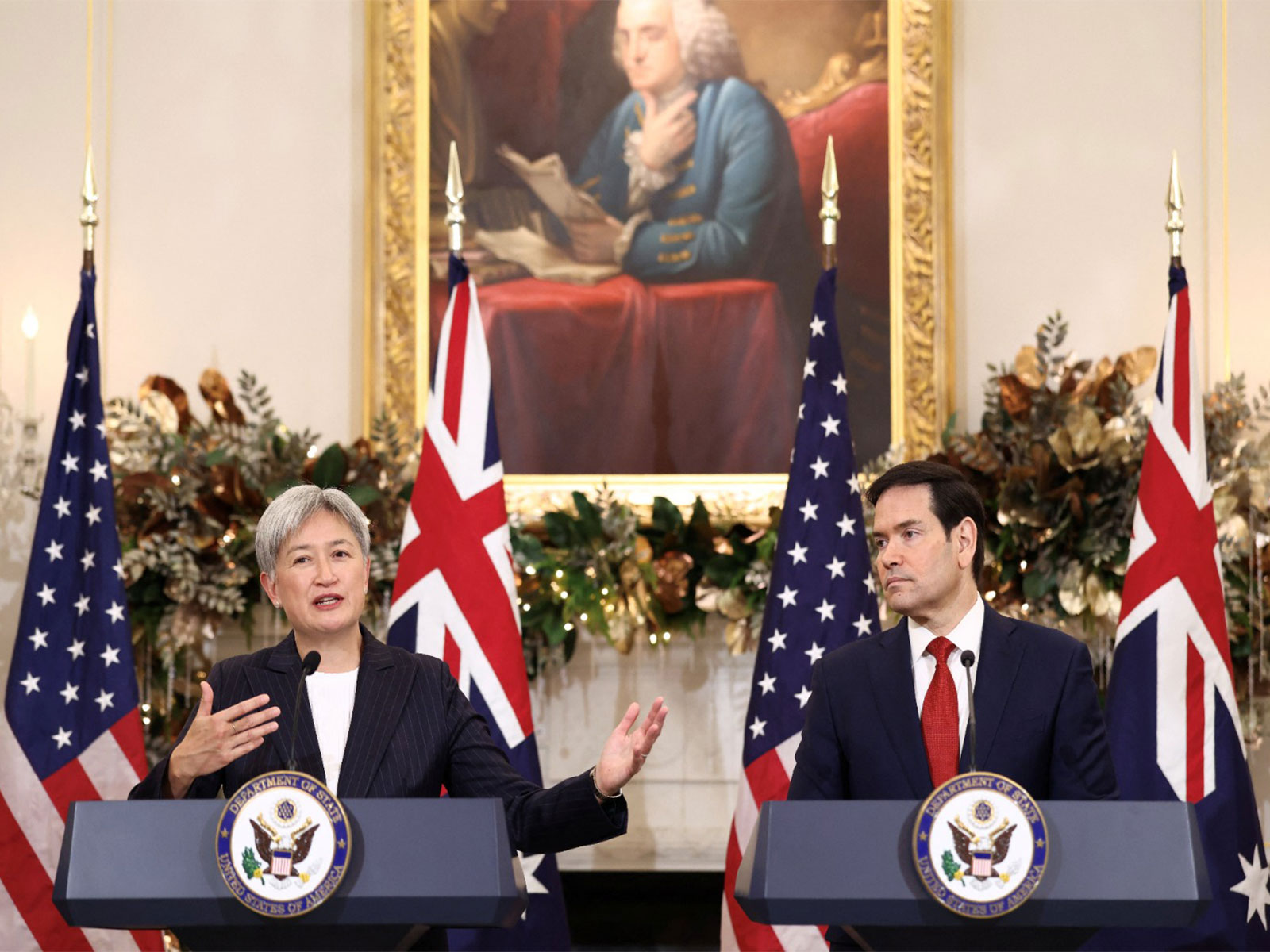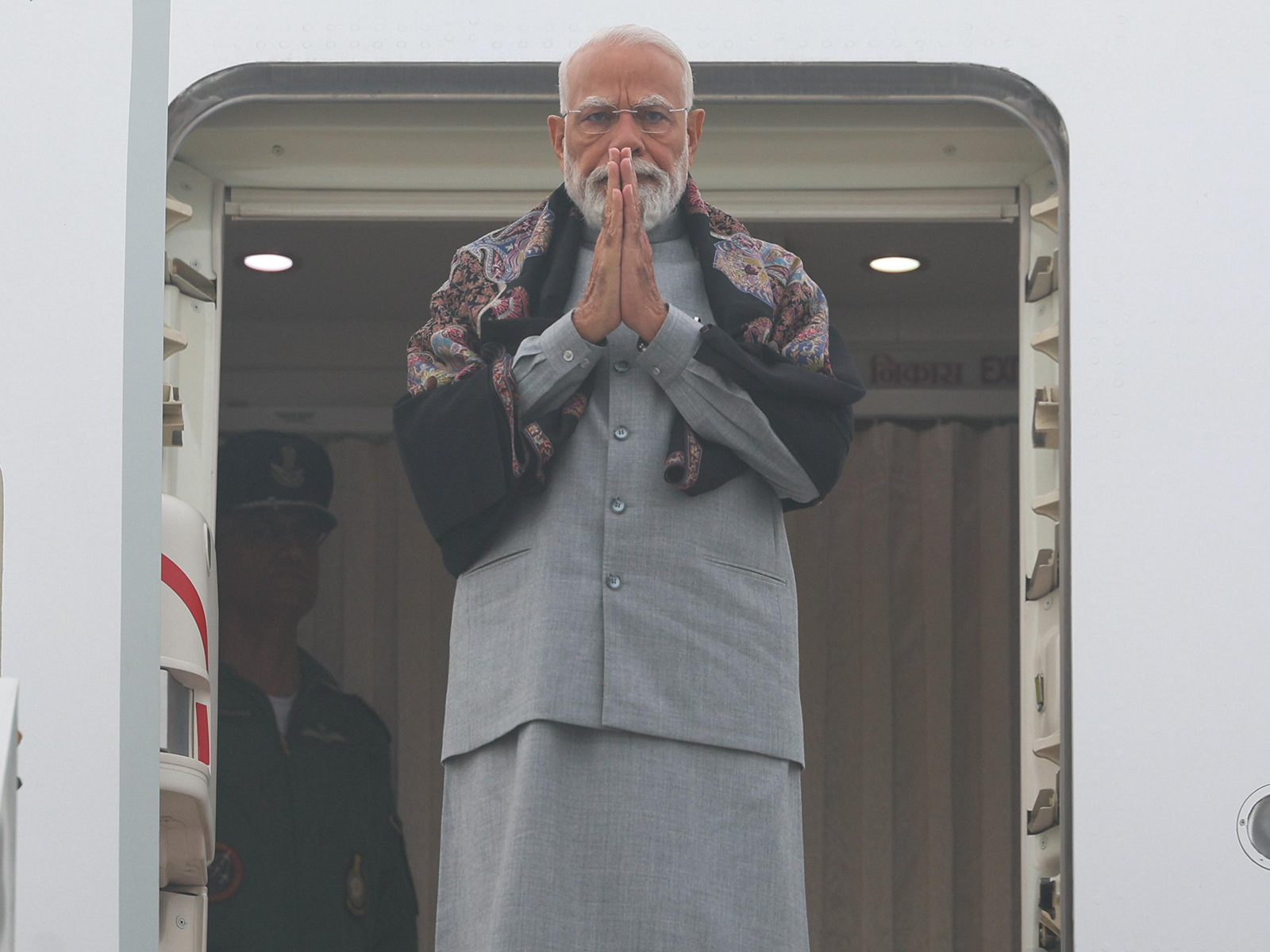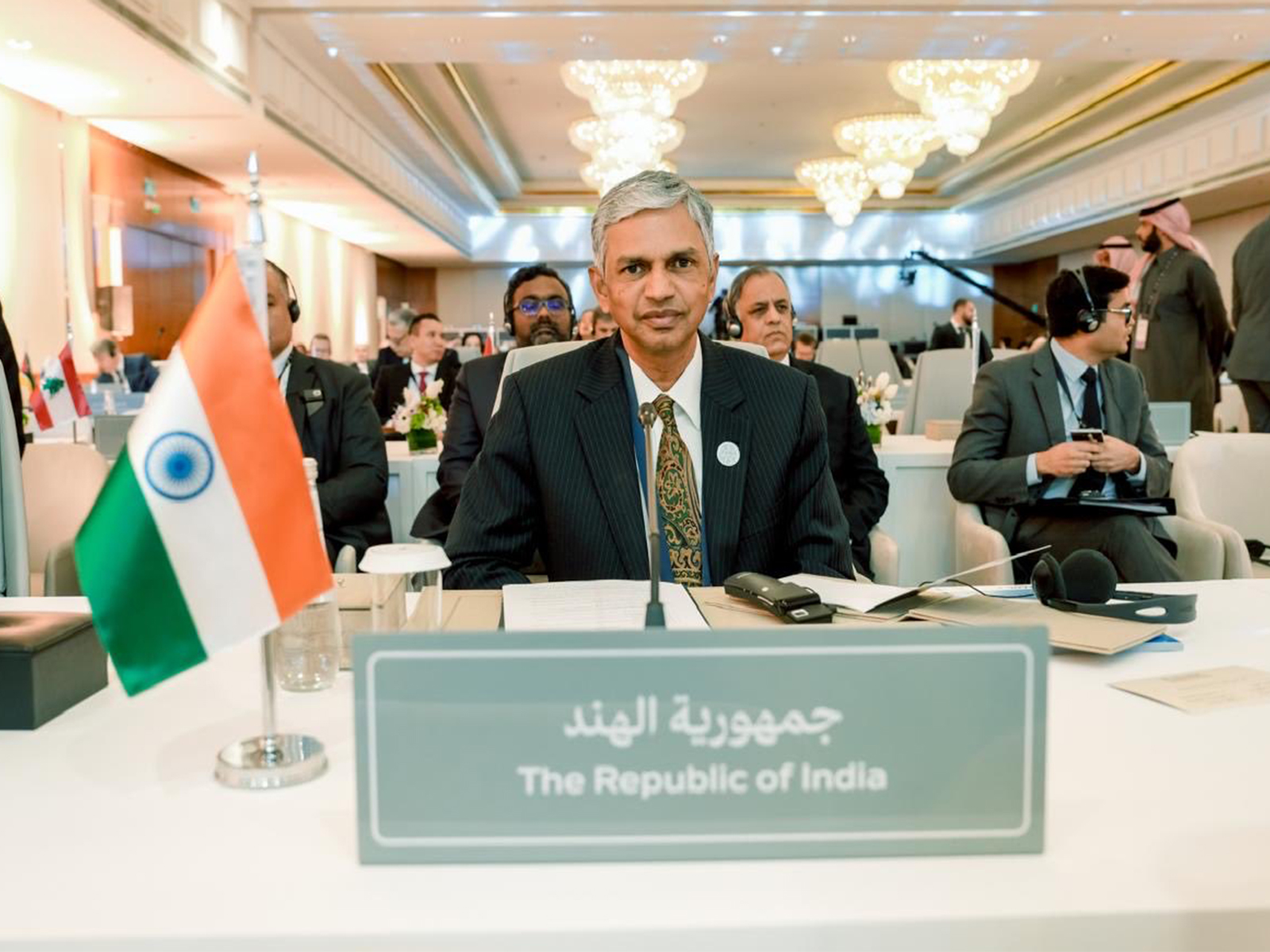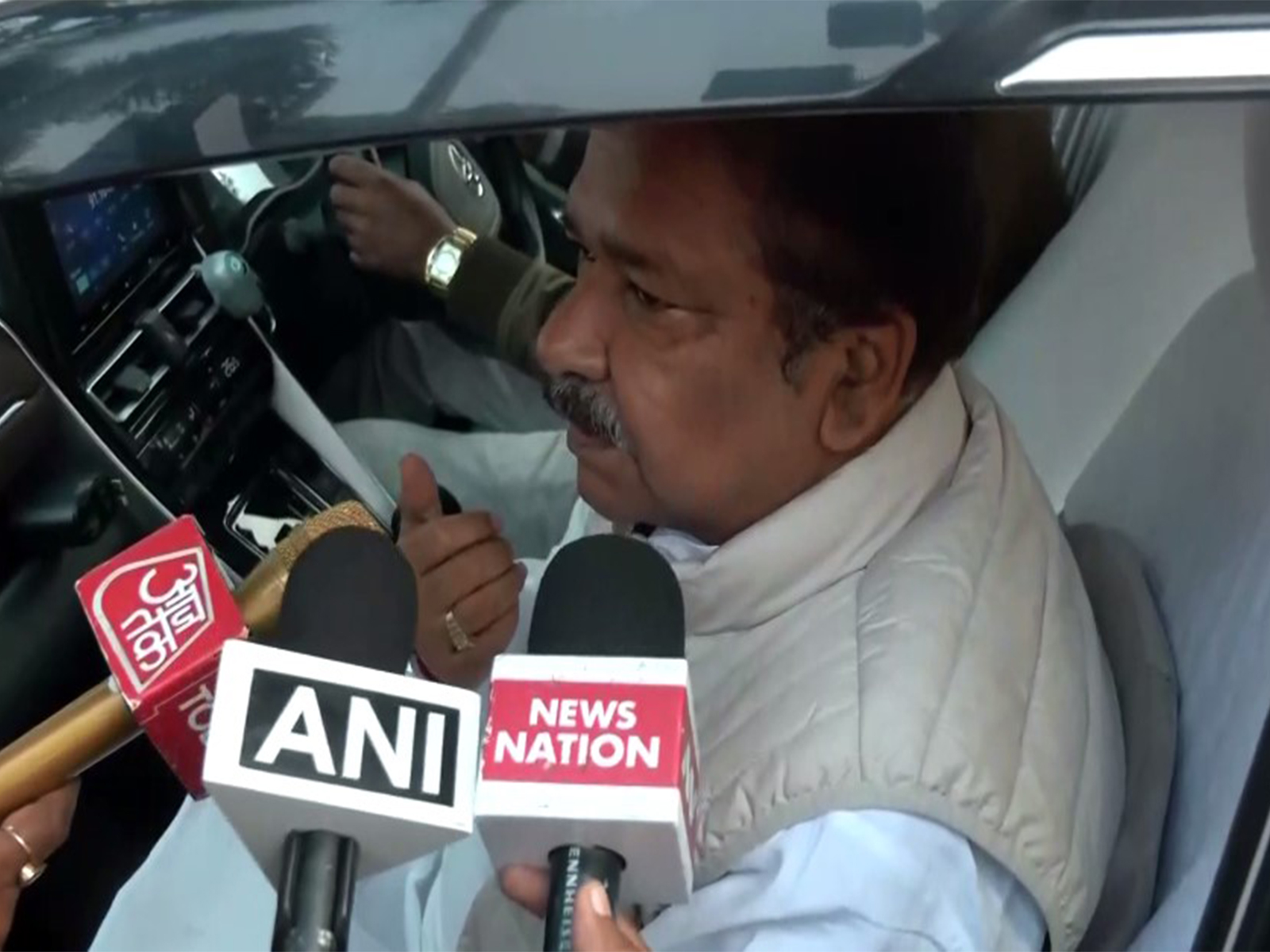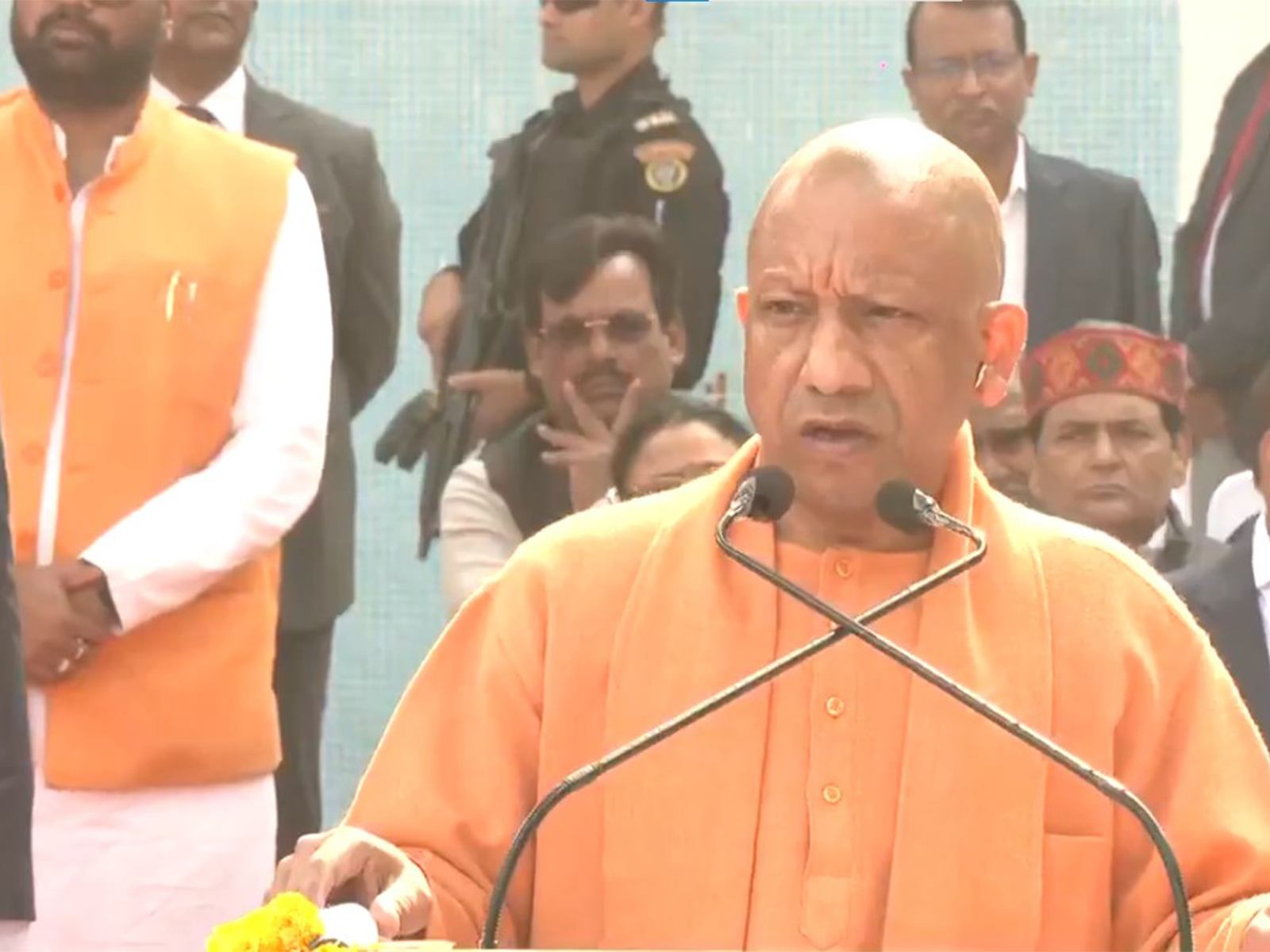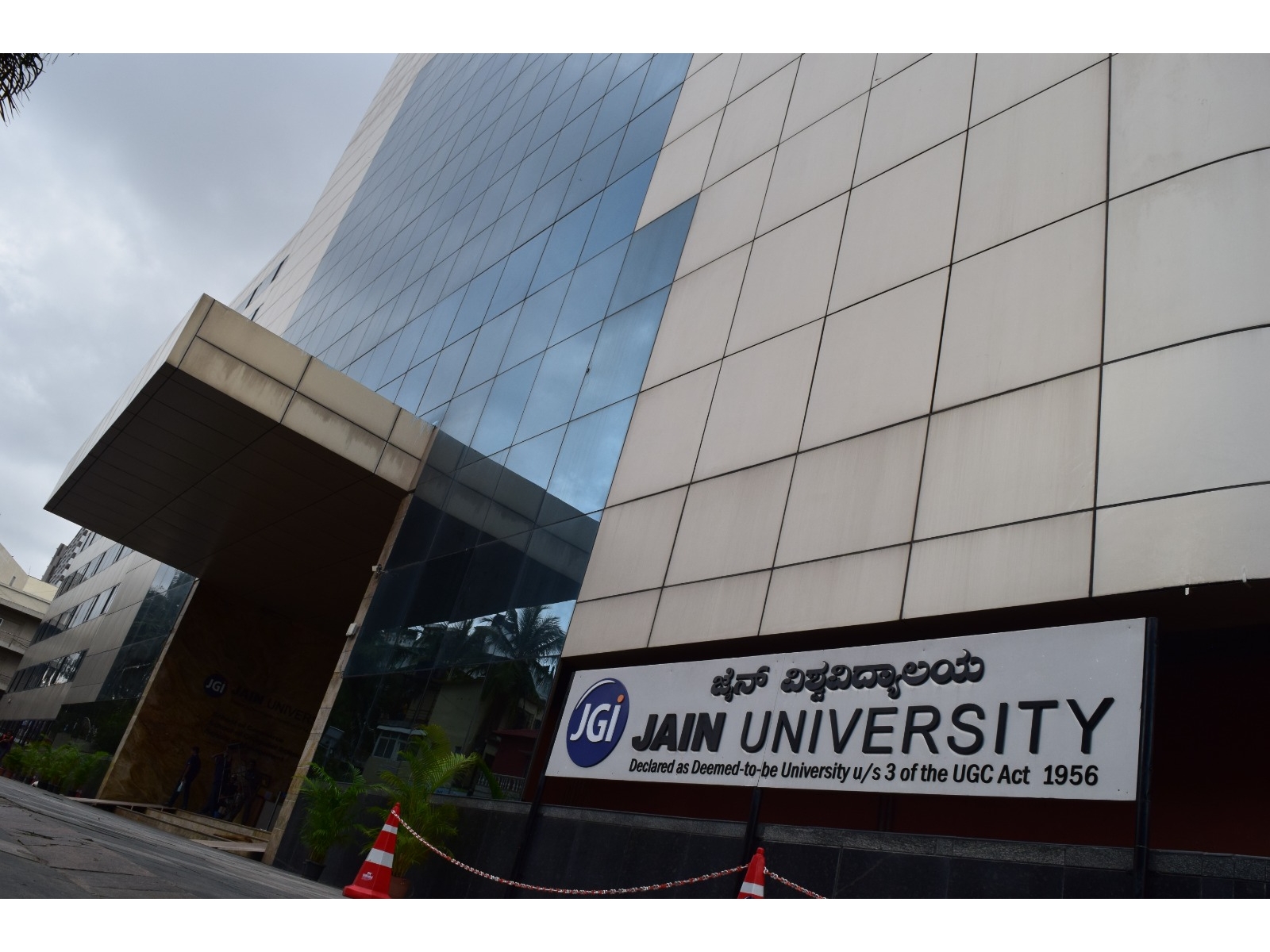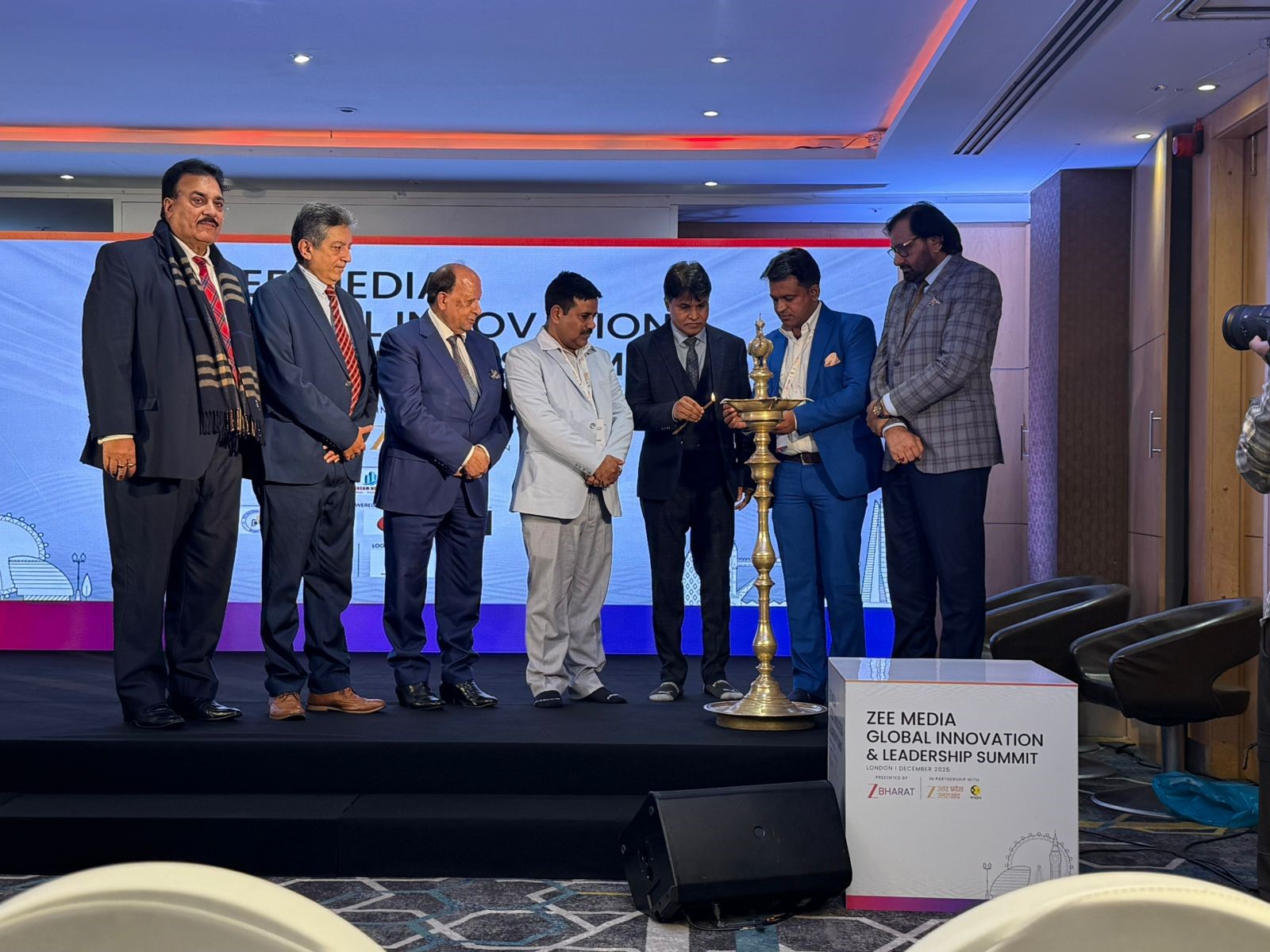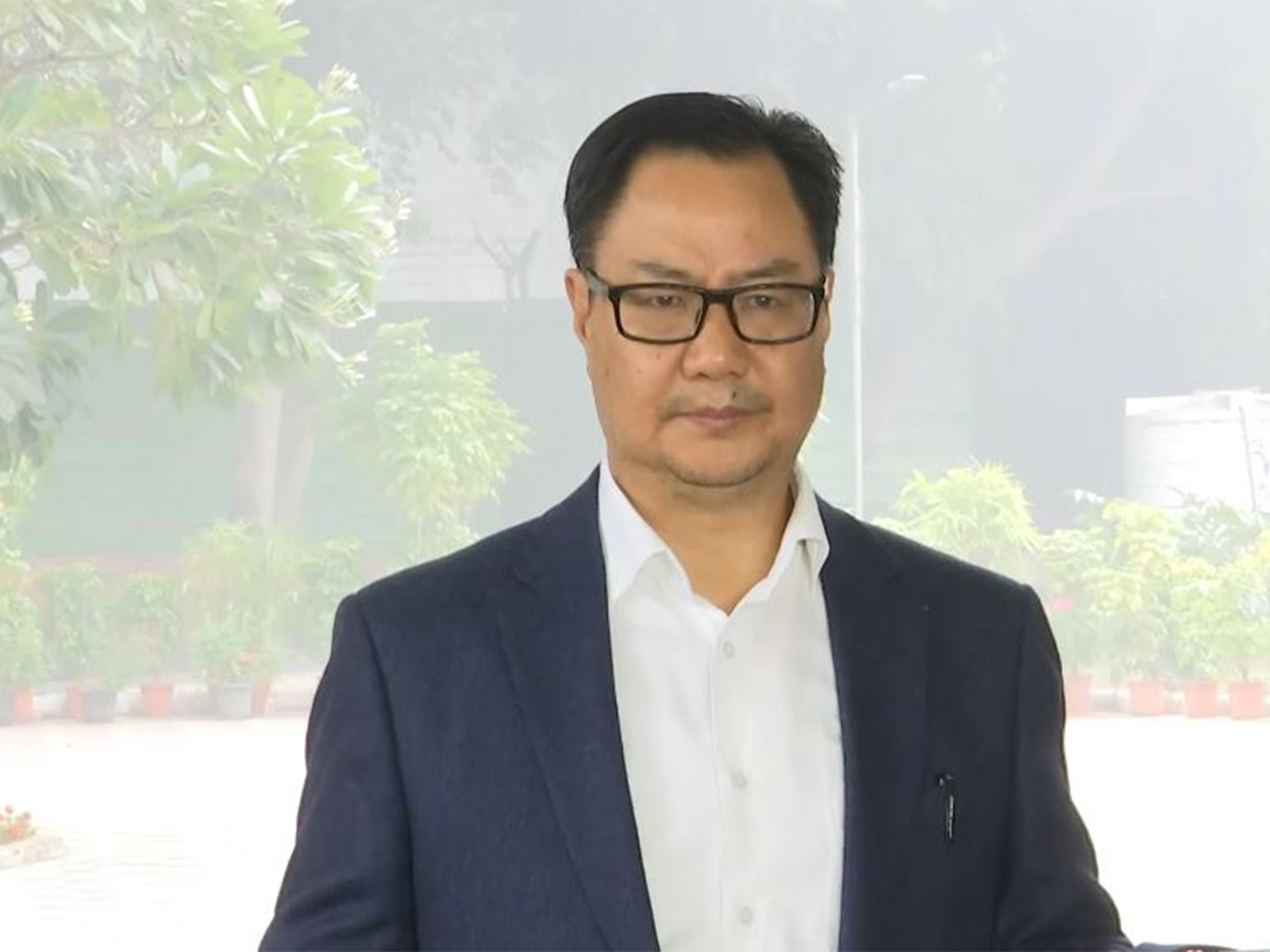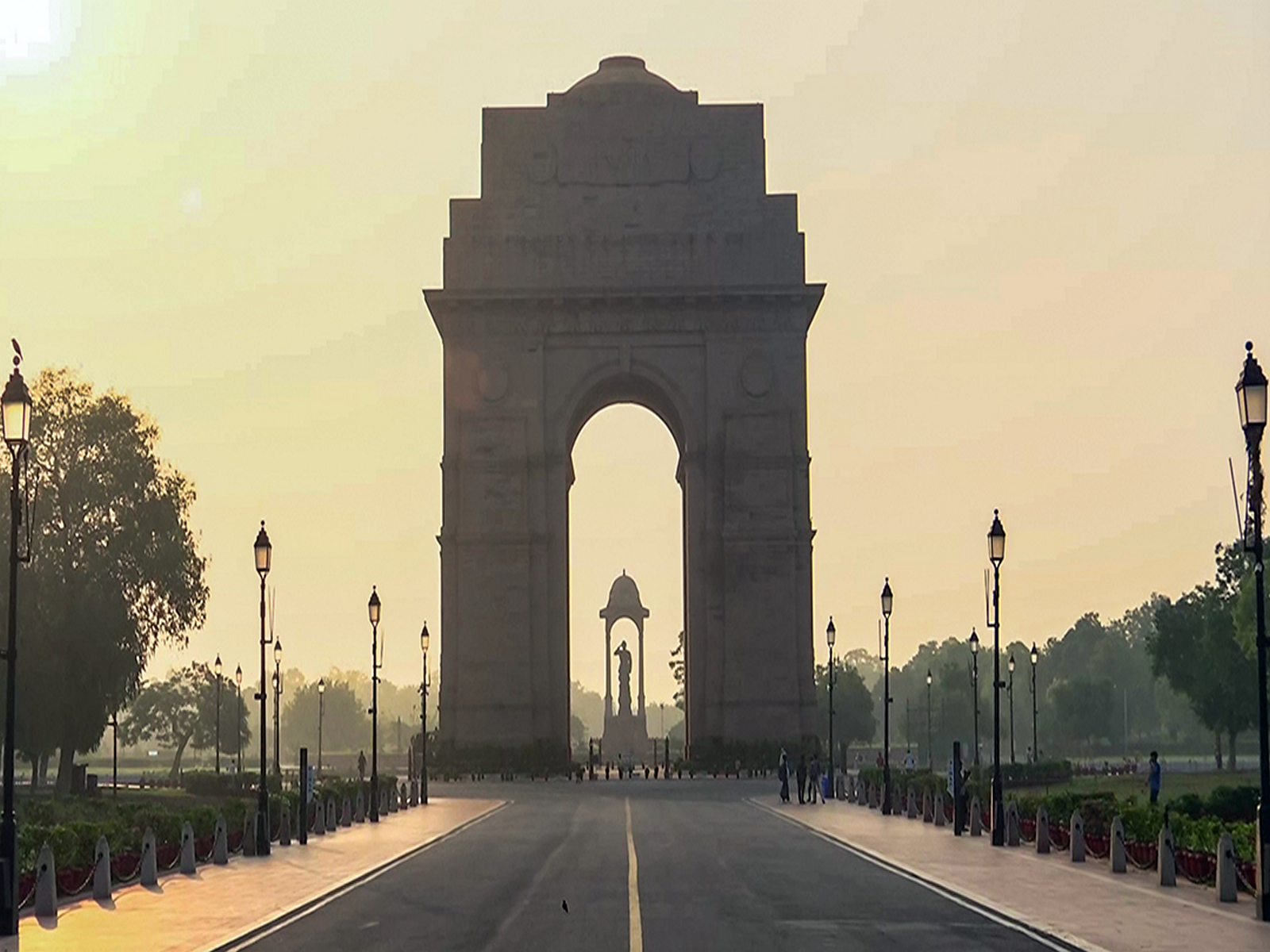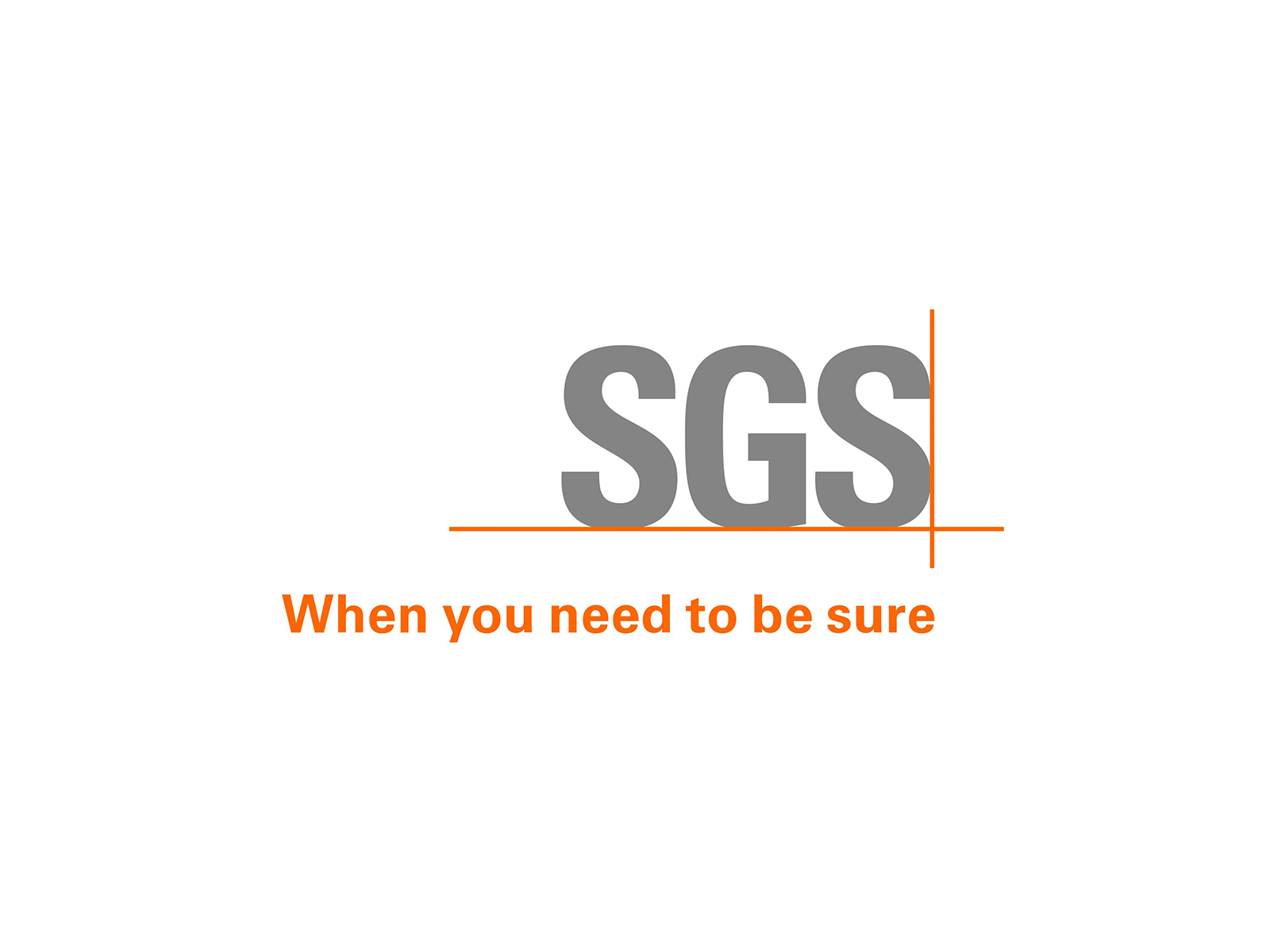Ahead of Saturday protest, curfew imposed in several areas in Sri Lanka
Jul 08, 2022

Colombo [Sri Lanka], July 9 : Ahead of a massive protest on Saturday demanding the resignation of President Gotabaya Rajapaksa, Sri Lanka's police imposed a curfew in several police divisions in Western Province with effect from 9 pm local time Friday until further notice.
The police said the curfew was imposed in the Negombo, Kelaniya, Nugegoda, Mount Lavinia, Colombo North, Colombo South and Colombo Central police divisions, The Colombo Page reported.
Strict action will be taken on those violating the curfew, the police said. The Sri Lankan publication said travelling through the areas where police curfew is in effect is completely prohibited and police have advised people to use other alternative routes.
The worsening economic situation has led to increasing tensions in the last weeks. Reports have been received of several confrontations between individuals and members of the police force and the armed forces at fuel stations where thousands of desperate members of the public have queued for hours and sometimes days.
Police have used tear gas and water cannon at times in an unnecessary and disproportionate manner. On occasions, armed forces have also fired live ammunition.
Sri Lanka is suffering its worst economic crisis since gaining independence in 1948, which comes on the heels of successive waves of COVID-19, threatening to undo years of development progress and severely undermining the country's ability to achieve the Sustainable Development Goals (SDGs).
The oil supply shortage has forced schools and government offices to close until further notice. Reduced domestic agricultural production, a lack of foreign exchange reserves, and local currency depreciation, have fuelled the shortages.
The economic crisis will push families into hunger and poverty - some for the first time - adding to the half a million people who the World Bank estimates have fallen below the poverty line because of the pandemic.
Some 6.26 million Sri Lankans, or three in 10 households, are unsure of where their next meal is coming from, according to the latest food insecurity assessment from the World Food Programme (WFP), released on Wednesday.
In the wake of record food price inflation, skyrocketing fuel costs and widespread commodity shortages, some 61 per cent of households are regularly using coping strategies to cut down on costs, such as reducing the amount they eat and consuming increasingly less nutritious meals.
WFP is warning that a lack of nutrition has grave consequences for pregnant women, putting both their own and their children's health at risk, UN News reported. Amid a massive 57.4 per cent inflation rate, steeply increasing food prices have crippled the population's ability to put sufficient and nutritious meals on the table, rendering two in five households without adequate diets.
According to WFP, the food security situation is worst among people working in the farming estates sector - such as large tea plantations - where more than half of households are food insecure.
